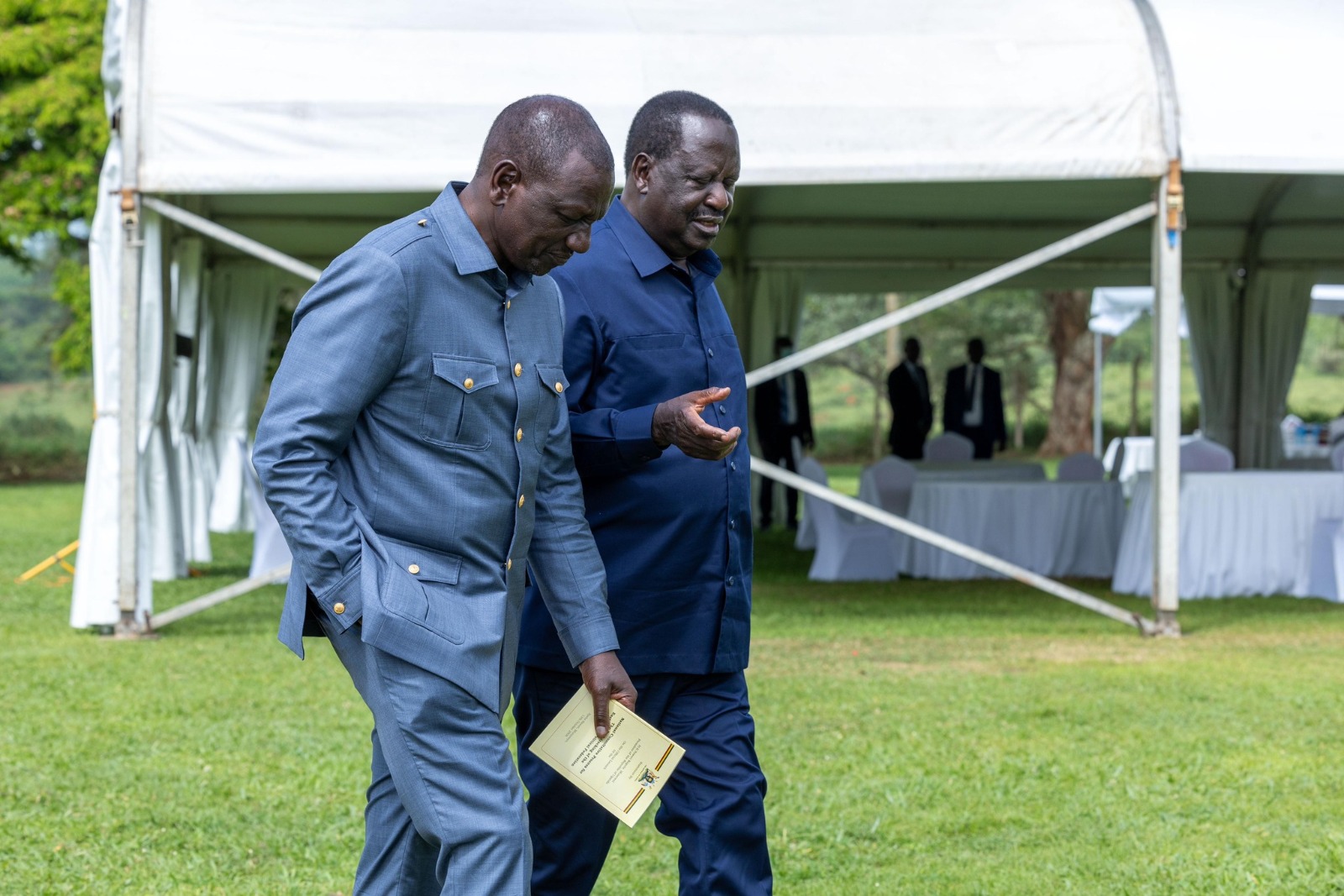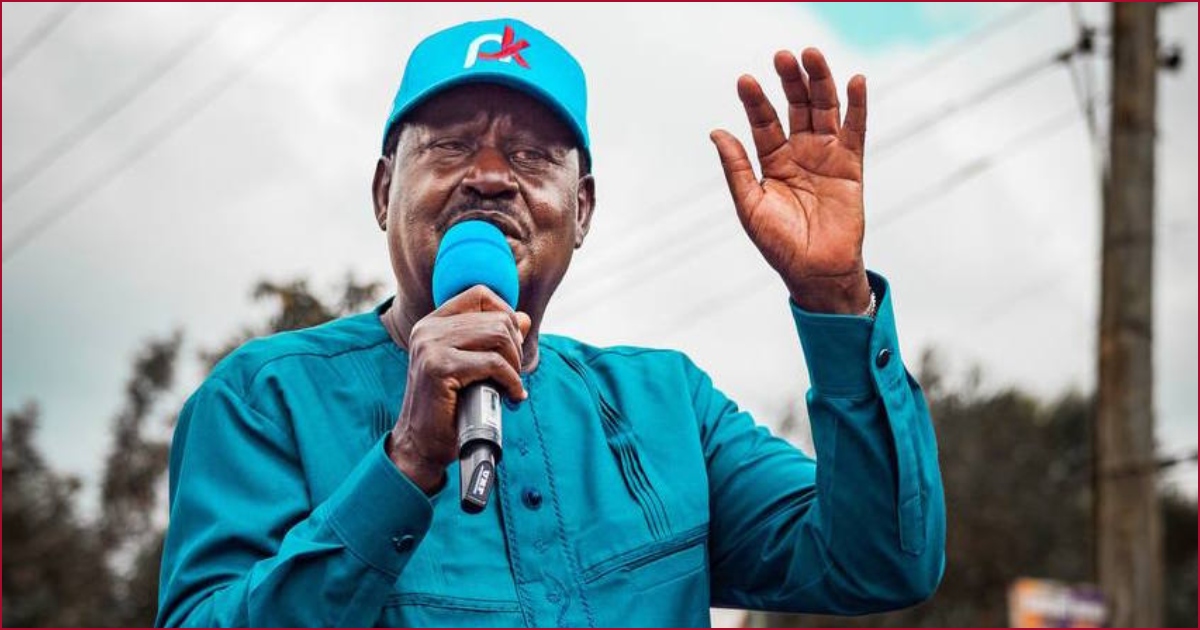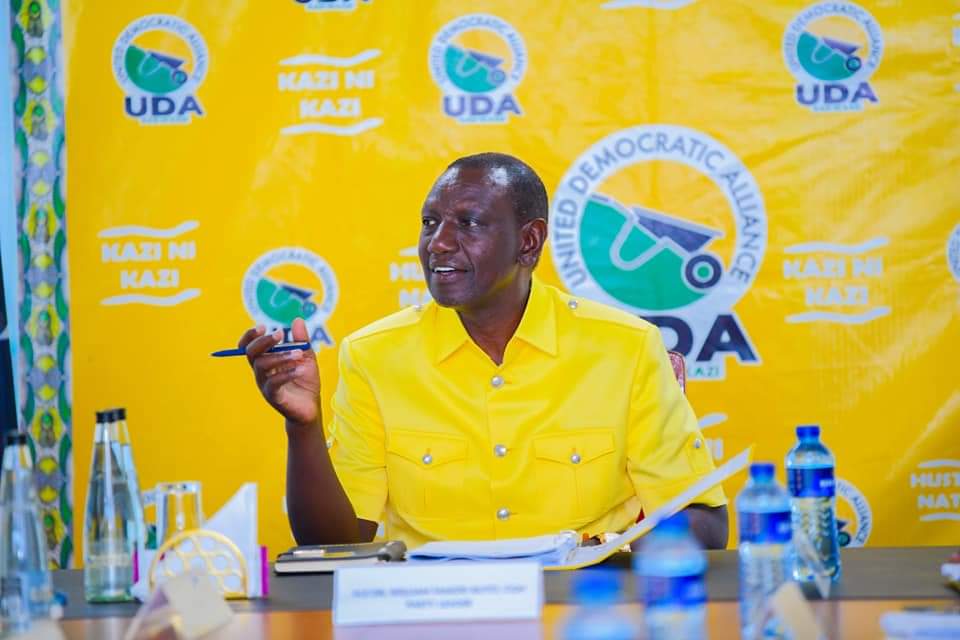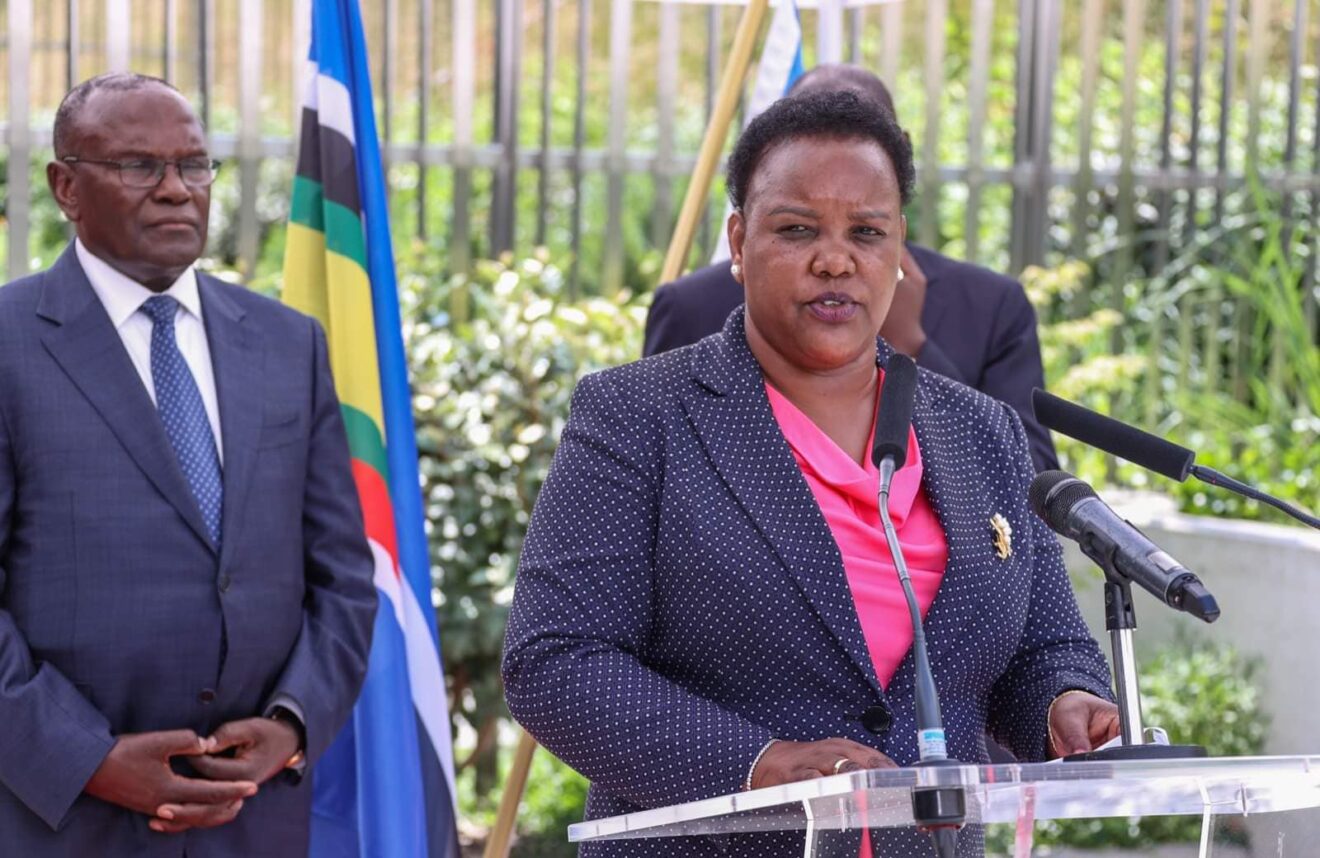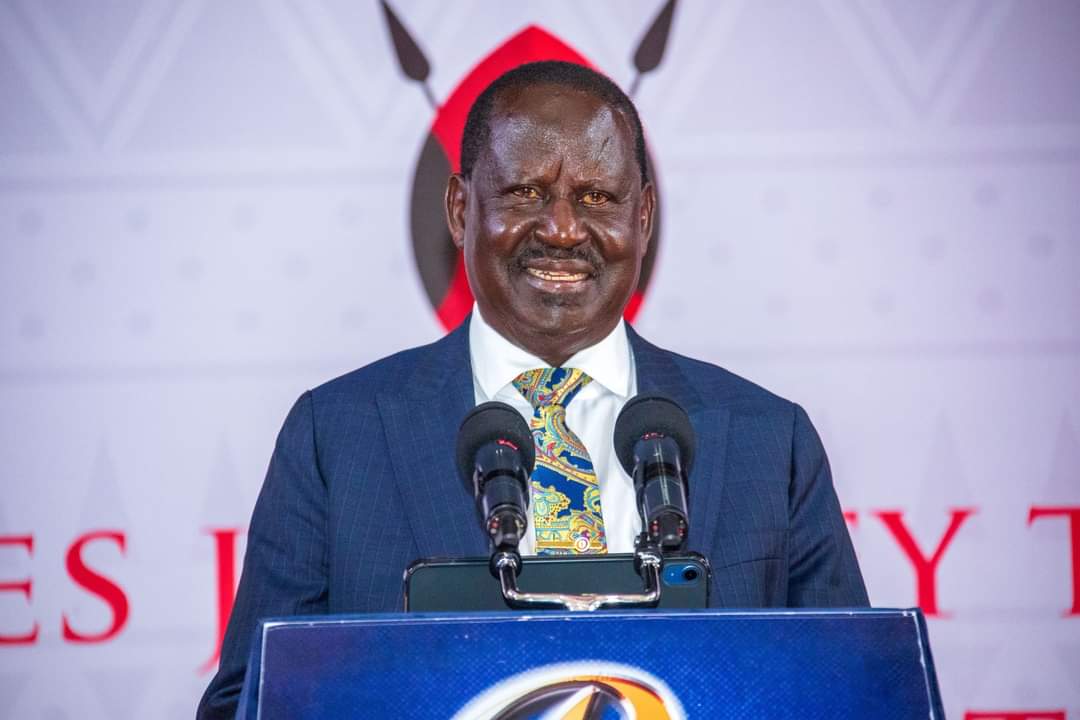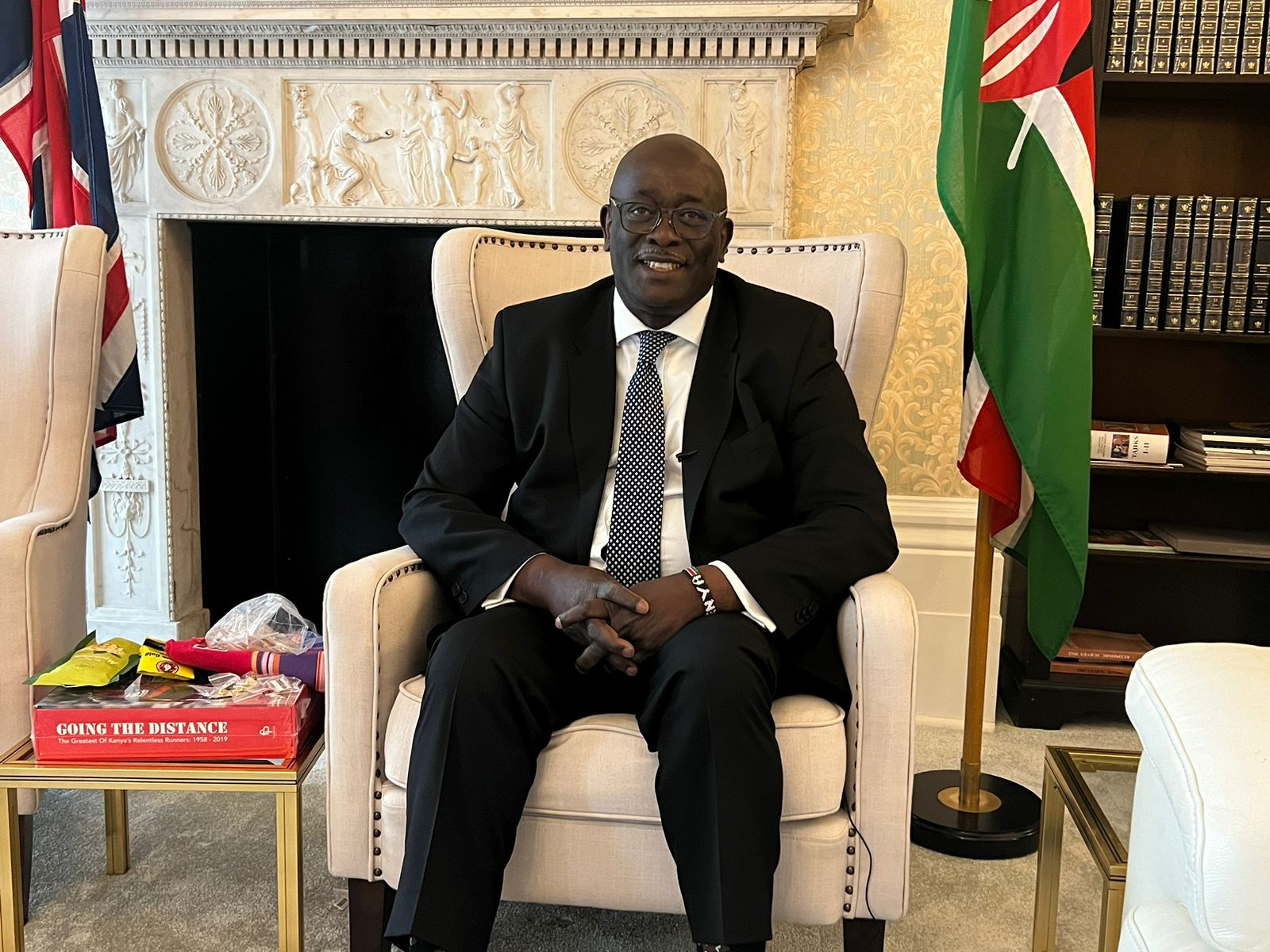President William Ruto and Raila Odinga's teams have recorded progress in amending some contentious issues in the Independent Electoral and Boundaries Commission (IEBC).
This after the IEBC Amendment Bill underwent its second reading following its approval by the Justice and Legal Affairs Committee Bill with recommendations.
According to the Parliament, the Bills contained in the recommendations of the National Dialogue Committee (NADCO) report.
It is jointly sponsored by the Leader of the Majority Party Kimani Ichung’wah and the Leader of the Minority Party Opiyo Wandayi.
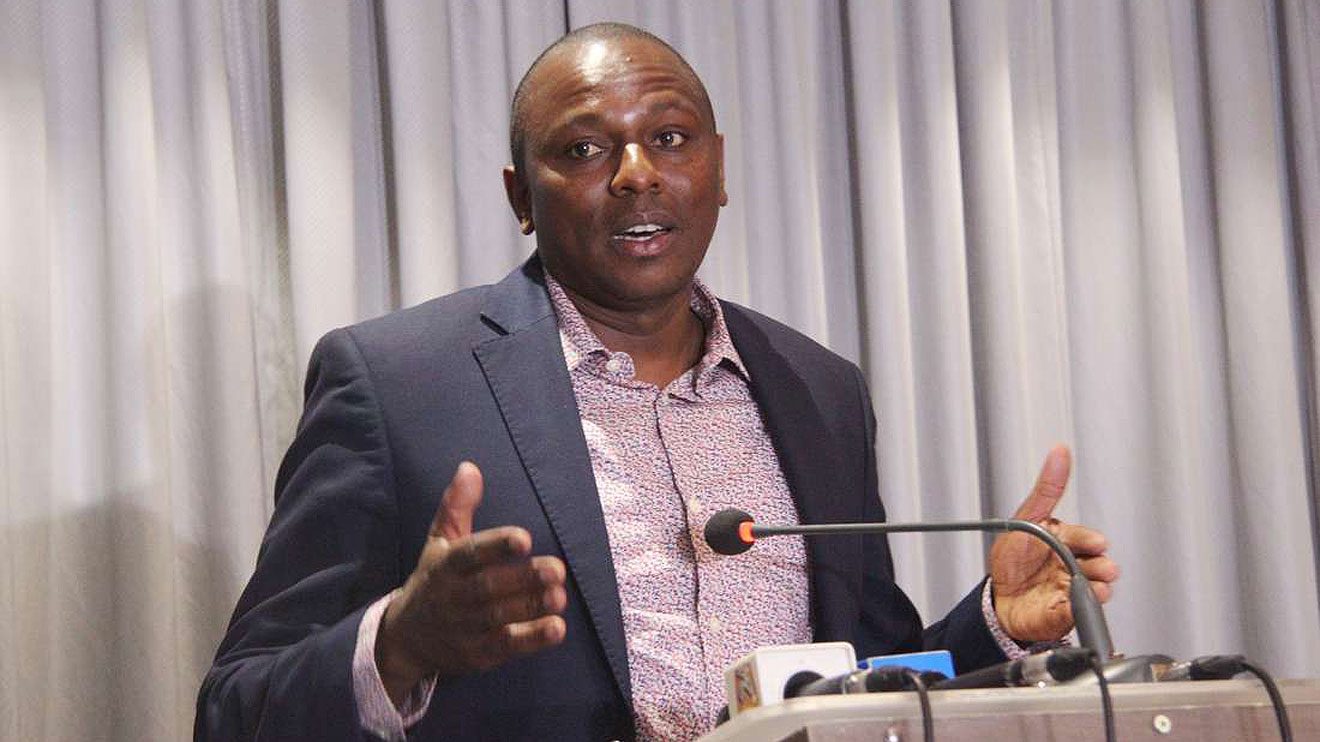
Read More
Proposed Changes
If passed, the Bill seeks to make several consequential amendments to the Independent Electoral and Boundaries Commission (IEBC) Act of 2011, aligning it to the Judgments of the Supreme Court in the aftermath of the recently disputed General Elections.
The Court in its ruling held that certain provisions of the Act were unconstitutional hence warranting a new Act to remedy the wrongs of the Elections.
The Bill seeks to amend the number of Members in the Selection Panel tasked with appointing the Commission to the IEBC.
It proposes raising the number of panellists from 7 to 9 to accommodate a wide spectrum of stakeholders and interest groups while at the same time making sure to meet the two-thirds gender rule.
The Bill also spells out the roles and functions of the Commission and those of the CEO who is the Secretary to the Commission.
Additionally, the Bill outlines the academic qualifications needed for persons to be appointed.
The Committee in its report recommended that the CEO of the IEBC should serve for a non-renewable term of 6 years to effectively plan and carry out an election with competence and independence of role.
To address the shortcomings witnessed in the last General Election, the Bill proposes, that an audit of the election process be conducted one year after the conclusion of every election and the report tabled in Parliament and published in the Kenya Gazette.
A review of the conduct of the General Election is a sensitive evaluation process, pointing out what worked and what did not work, and drawing out lessons learned to improve the conduct of future General Elections.
Further, the proposed legislation also allows for the delimitation of the electoral boundaries and the review of population quotas in constituencies and wards across the country to align them with population data before elections.
On the proper constitution of the Board, the Committee proposed the number of members required to meet quorum be set at 5, further providing that where a unanimous decision is not met during decision making, a majority vote should prevail.
